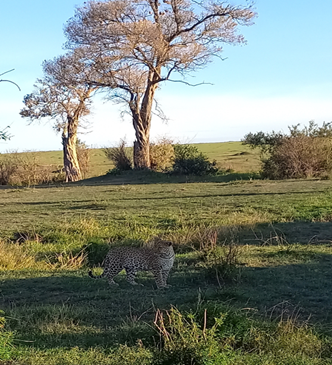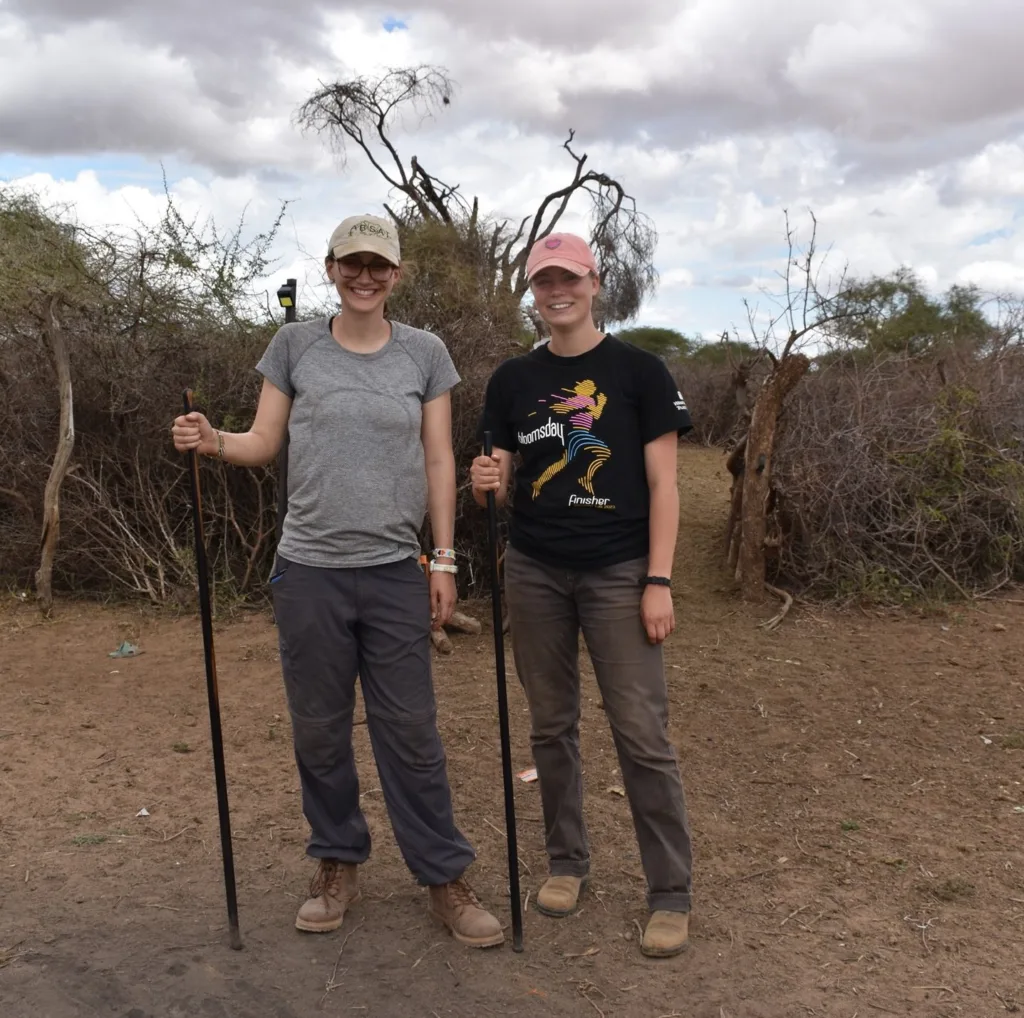First Field Trip Into the Rainforest
We started the fall semester program with lots of enthusiasm and good energy. 32 students arrived eager to learn about the challenges of balancing conservation with economic gain in a country immersed in high levels of species diversity and facing major economic and political changes. For many of our students this is their first time in a tropical rainforest. Thus, our first field trip (gira) makes a long-lasting impression, and that is why we strive to make it compelling.
Leaving the Center for three days, we first went to the rainforest of Tirimbina Biological Reserve in La Virgen de Sarapiquí on the Caribbean Slope, where we did our first orientation walk in the rain. Tirimbina has impressive rainforests situated along the margins of the Río Puerto Viejo. This area has a long tradition of biological research done by famous scientists as well as environmental activists. In addition to keeping a busy research agenda, Tirimbina has a very positive impact in La Virgen, educating the local population about the benefits of the rainforest.
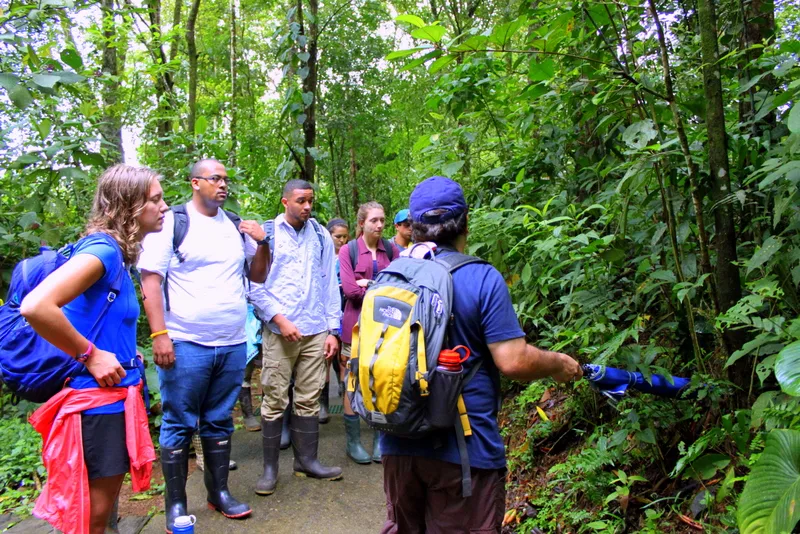
From Tirimbina we went to El Progreso and let the students experience the challenges of small-scale tropical agriculture at this integrated farm. Students harvested vegetables, and helped El Progreso make its annual batch of efficient microorganisms. After hard work and an extensive farm tour, we all had a delicious lunch cooked mostly with fresh vegetables harvested from the farm.
We ended our trip on Saturday with a visit to the Dole Banana plantation. Students had the opportunity to compare small-scale agriculture with a big-scale farm that has a significant environmental impact, but at the same time provides much-needed jobs in an area that otherwise would be socially depressed. These are the challenges (and sometimes contradictions) of conservation, and we know students were craving more discussion, more opportunities to ask questions, and more time in the forests and in the farms. It is impossible to accommodate all expectations in 3 days, but the positive aspect is that we learned a lot and left the field with a desire to expand our knowledge and experiences. Hopefully these desires will become concrete actions, either now or in the near future, as our students go on to become actors of positive social and environmental change in their own professional lives.
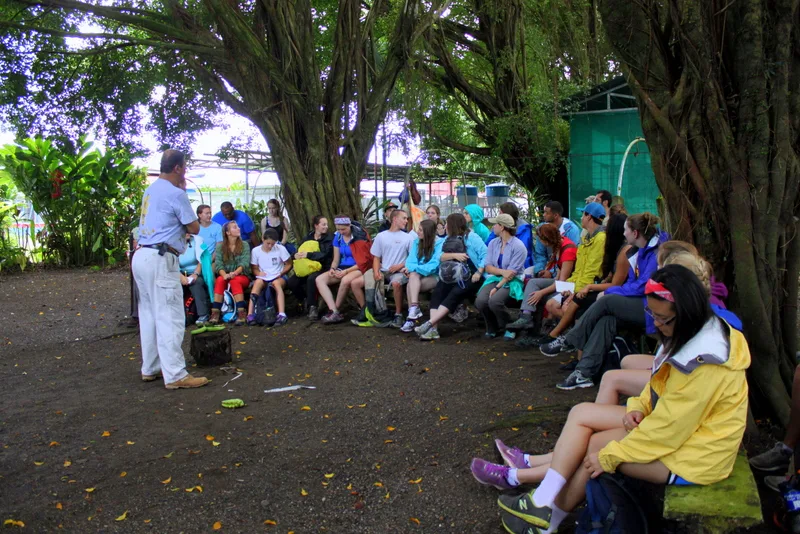
Students listening to a presentation at the Dole Plantation
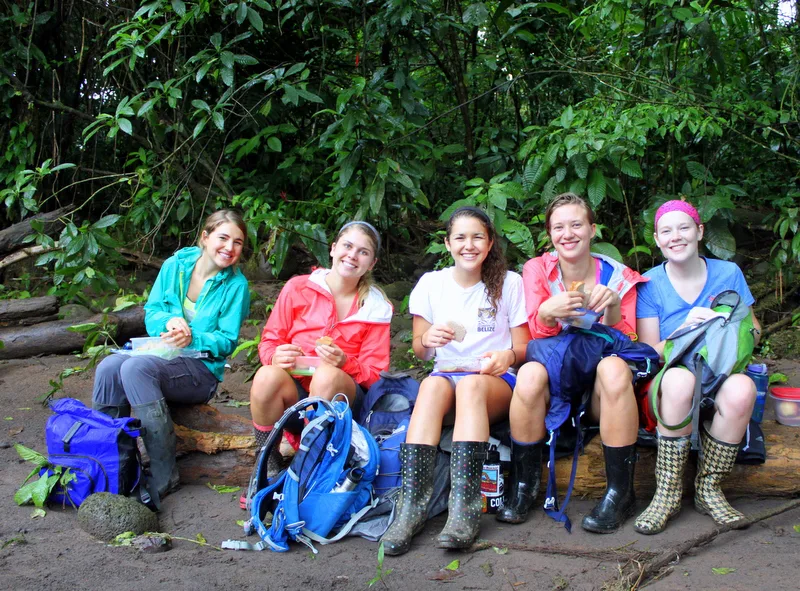
Students enjoying lunch in the field
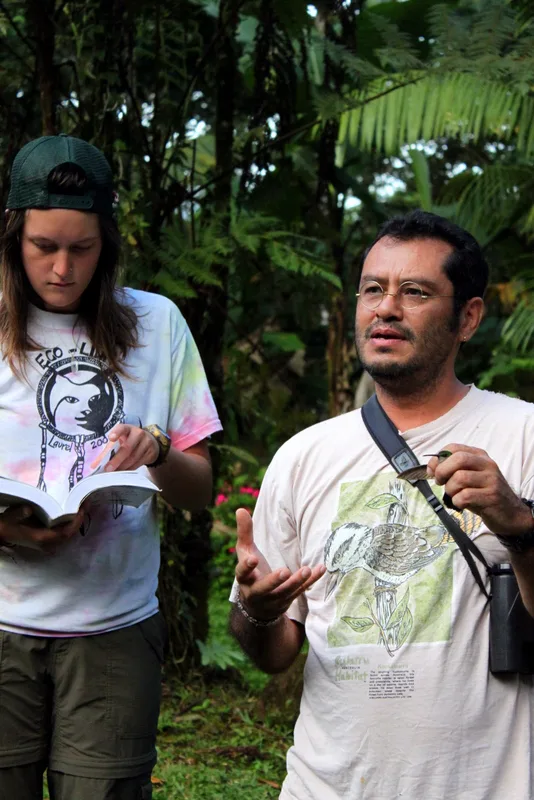
Tropical Ecology professor Edgardo Arevalo leading an early morning animal workshop
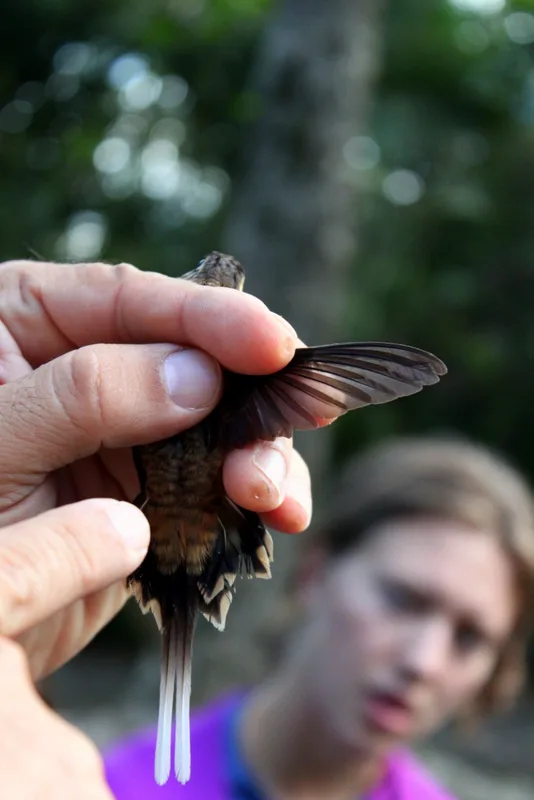
Tropical Ecology professor Edgardo Arevalo holding a hummingbird during an early morning animal workshop
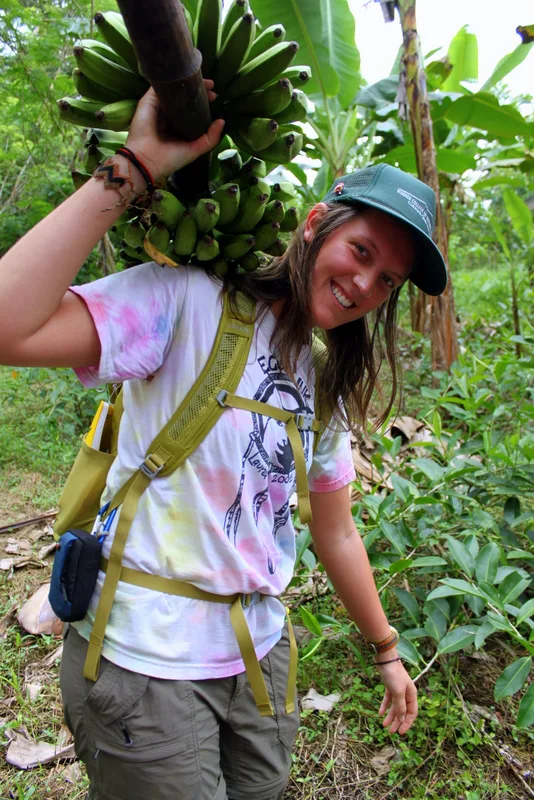
Student Juliana Cullen helping to harvest plantains at El Progreso organic farm
Photo Credit: Quinn Bergeon
Related Posts
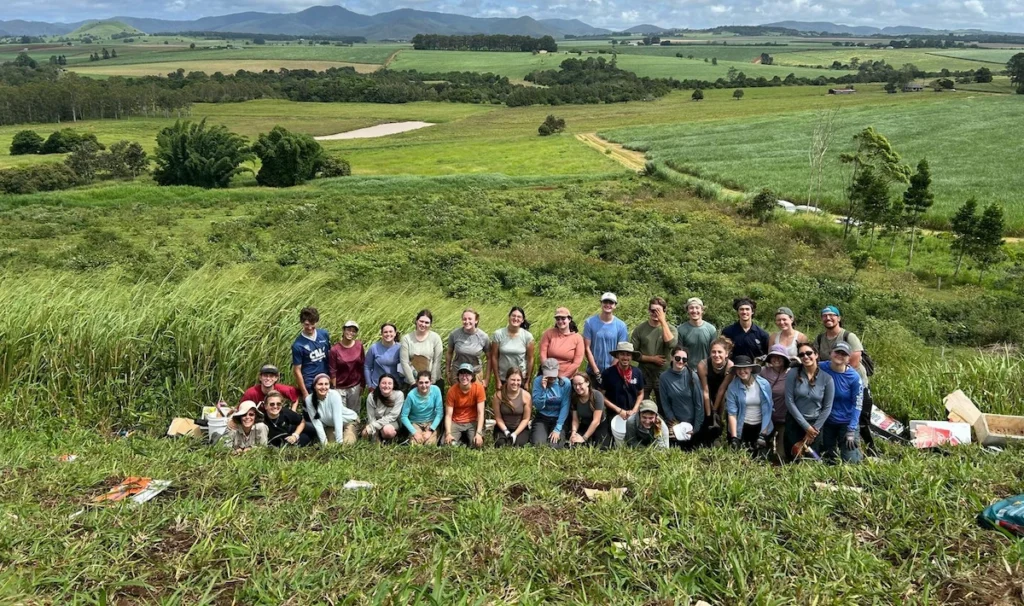
Cinder Cone Chronicles: Lessons from Drought, Data, and Determination
